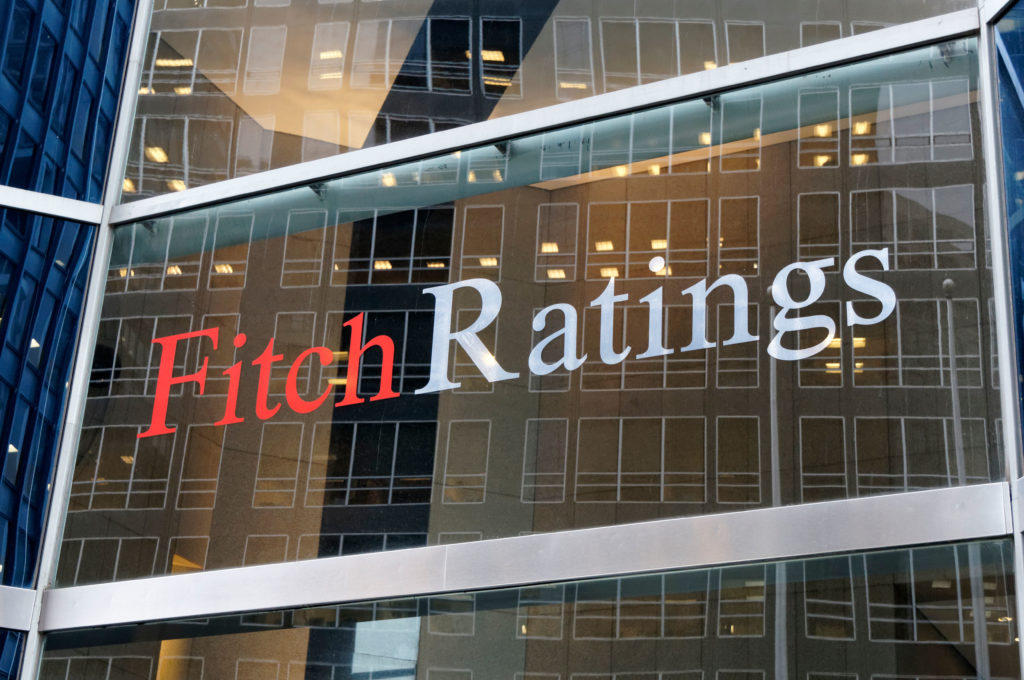Fitch Ratings has revised down its gross domestic product (GDP) growth estimates across the CIS+ region for 2022 due to exposure to the Russia-Ukraine conflict, but its effect on sovereign balance sheets varies, as oil and gas producers will benefit from higher export prices.
Fitch cut its GDP growth forecasts for all CIS+ countries it rates in its latest Sovereign Data Comparator, published on 31 March. For Ukraine, Fitch projects war damage will cause a 35 percent contraction this year, while Belarus’s economy will shrink by 10 percent owing to large trade links with Russia, sanctions, and more challenging financial conditions.
Direct trade links, combined with tourism and remittance flows from Russia, are a key transmission channel for the other Fitch-rated CIS+ sovereigns (Armenia, Azerbaijan, Georgia, Kazakhstan, Turkmenistan, and Uzbekistan).
“We still expect all these economies to grow in 2022, but have cut our forecasts by 0.2-4 percentage points, with the largest cuts for commodity importers,” Fitch said in a report.
Confidence impacts will weigh on investment and consumer spending with the effect on the latter accentuated by further rises in inflation. Fitch has revised up inflation forecasts for all CIS+ countries, with all now expected to average more than 8.5 percent in 2022, owing to a combination of higher food and energy prices, and exchange-rate depreciation. Price controls on key products have been introduced or extended in a number of sovereigns, which will have a fiscal cost, although this will be minor relative to growth and commodity price effects. And the monetary policy will continue to be tightened, further slowing growth.
The effects of weaker growth and higher inflation are balanced against a likely large increase in hydrocarbon exports receipts in the region’s main exporters. This is most apparent in Azerbaijan, which exports gas to Europe and will benefit from strong demand and higher prices. Fitch forecasts a 2022 general government budget surplus of close to 10 percent of GDP. Kazakhstan’s exports are mainly oil, and largely transit via pipeline through Russia and have been disrupted due to pipeline damage reportedly caused by weather. Pressing social considerations after unrest in Kazakhstan earlier in the year means Fitch expects additional revenues are likely to be passed into higher spending, the agency said.
Turkmenistan currently exports all gas under long-term contracts with a lag in the pricing structure, meaning that much of the price impact will be felt in 2023, while the authorities’ spending response after several years of tight fiscal policy is unclear. Uzbekistan’s diverse commodity export base, most importantly gold, will allow the authorities to fund economic and social spending with only a marginal impact on the forecast fiscal outturn.
Growth effects will be the conflict’s main transmission channel to the public finances for Armenia and Georgia. In both cases, fiscal deficits will remain over 5 percent of GDP this year and planned consolidation is likely to be deferred. Both sovereigns have a high component of foreign-currency debt in total government debt, but exchange rates have so far weathered the shock well created by the war, recovering early losses.
Fitch said that this probably reflected market expectations of continued official sector support. Georgia signed a new Stand-By Arrangement (SBA) with the IMF and Armenia reached a staff-level agreement with the IMF on the latest review of its SBA in March. Still-high nominal GDP growth and our exchange-rate forecasts mean that we expect government debt/GDP to decline in both these sovereigns in 2022.

